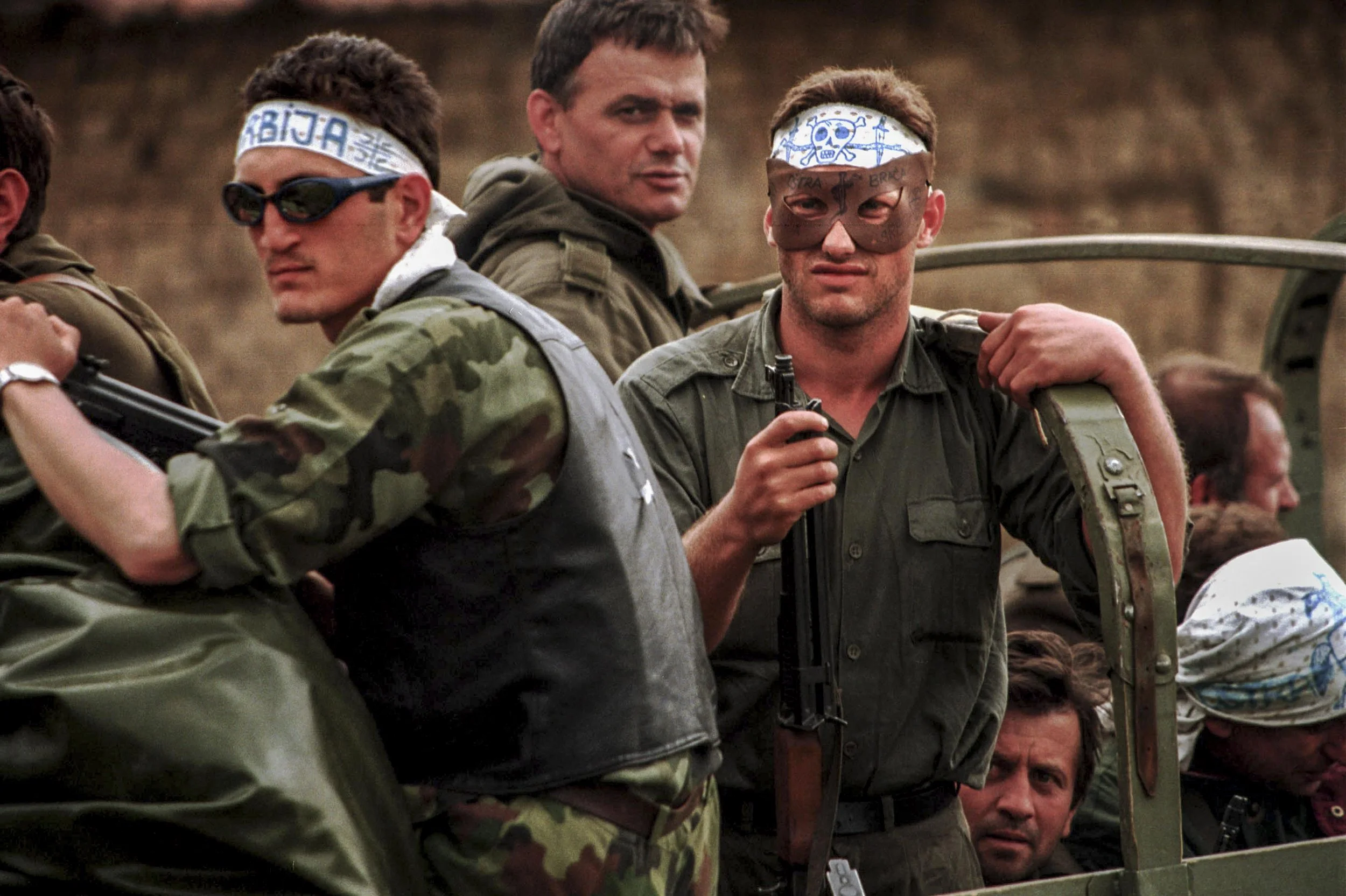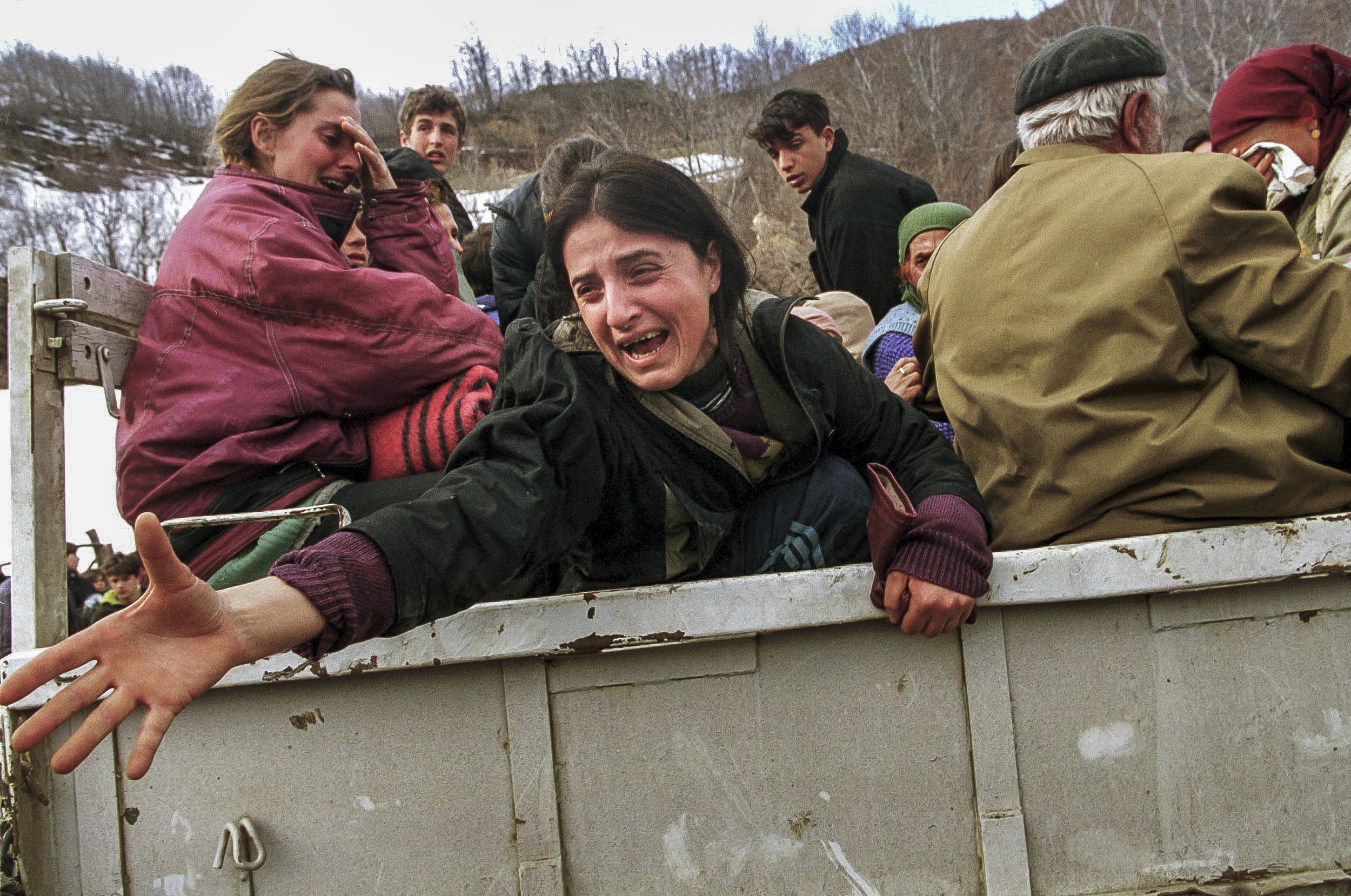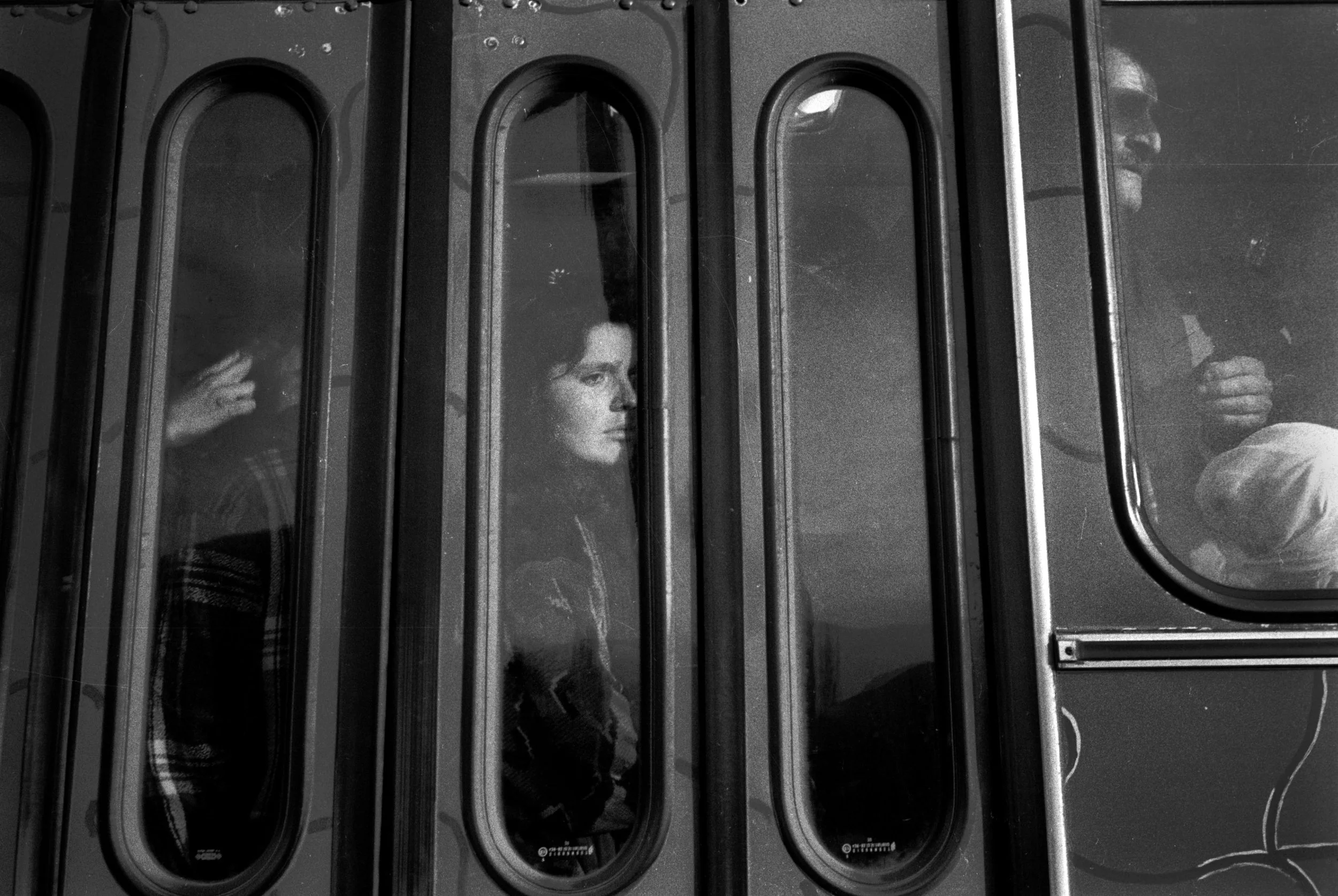WAR
It was always thought that Kosovo, the 'powder keg' of the Balkans would start the wars that ripped Yugoslavia apart in the 1990's. The emnity that has existed for centuries between the Serbs and Albanians was expected by many to boil over into war long before it reached the Yugoslav republics. Instead, apart from the smaller scale conflict in Macedonia in 2001, the war in Kosovo in 1999 marked the end of a decade of bloodshed that saw hundreds of thousands killed and millions displaced from their homes and countries.
The conflict was played out during the final throes of Slobodan Milosevic's regime. The province that he had used as a springboard to power in Yugoslavia in the late 1980's was, in the end, to provide the key to his undoing.
The Albanians, who make up around 90% of the population had long been agitating for independence. During the 1990's, whilst war was raging in Slovenia, Croatia and then Bosnia, the Albanians, led by their president Ibrahim Rugova, conducted a campaign of non violent resistance to the Serbian regime. They were hoping that the International community would deal with the issue of Kosovo during the negotiations to end the Bosnian war. When this did not happen, many within the independence movement abandoned the idea of non violence and in 1996 a group called the Kosovo Liberation Army began claiming responsibility for attacks on Serbian police.
By 1998 the KLA controlled around one quarter of Kosovo's territory. Serbian forces began launching counter attacks against the rebels and in the summer of 1998 launched a major offensive against KLA strongholds. The indiscriminate use of force by the Serbs against Albanian villages and civilians caused an international outcry and within a few months an international monitoring mission was set up in Kosovo.
The presence of the monitors, who were often accused of being nothing more than western spies, did little to halt the violence. The KLA carried on with their hit and run attacks and the Serb army and police carried on reacting with a disproportionate amount of violence against civilians.
The massacre of Albanian civilians at Racak proved to be the turning point, and within two months NATO launched a bombing campaign against the Serbs. During the 78 day bombardment, Milosevic's security forces drove nearly a million people from their homes and into neighbouring Albania and Macedonia.
According to the UN, atrocities committed by Serbian forces claimed the lives of approximately 10,000, the vast majority of them ethnic Albanian civilians.
The photographs in this first section were taken between February and June 1999.
a Back to Kosovo Projects





























